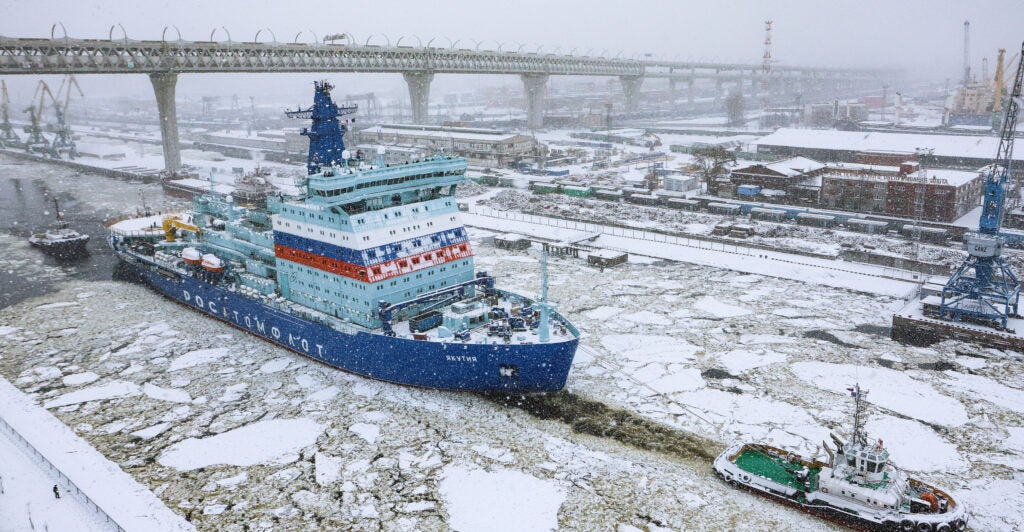On his trip to Greenland, Vice President JD Vance on Friday will visit key American military sites to evaluate U.S. interests there.
President Donald Trump has repeatedly called for the United States to take control of Greenland, a Danish territory closer to North America than to Europe, in order to help ensure national security.
“A lot of other countries have threatened Greenland, have threatened to use its territories and its waterways to threaten the United States, to threaten Canada, and of course to threaten the people of Greenland. So, we’re going to check out how things are going there,” he said.
“We want to reinvigorate the security of the people of Greenland, because we think it’s important to protecting the security of the entire world,” he added.
When Vance arrives in Greenland on Friday, he will be conducting a tour of American military installations to do just that.
Second lady Usha Vance, national security adviser Mike Waltz, and Energy Secretary Chris Wright are scheduled to accompany him on the trip, the UK Independent reported.
“The vice president will emphasize the importance of bolstering Arctic security in places like Pituffik Space Base,” said a senior White House official in a statement to the press, referring to the former Thule Air Base on the northwest coast of Greenland.
“Unfortunately, Danish leaders have spent decades mistreating the Greenlandic people, treating them like second-class citizens and allowing infrastructure on the island to fall into disrepair. Expect the vice president to emphasize these points as well.”
Vance will visit the Pituffik Space Base, the northernmost American military installation, where the Space Force has missile-warning and defense systems, as well as space-surveillance sensors for tracking objects in space.
The vice president also will receive a briefing at the base on security in the Arctic region and will meet with service members.
It’s likely that Vance will use the trip as an opportunity to call out increased Russian and Chinese activity in the Arctic region.
In 2018, China announced an initiative dubbed the “Polar Silk Road,” a proposed Arctic trade route through which Russia could transport goods from Europe to Asia. Russia has invited Chinese cooperation in establishing a trade route through the Arctic region.
For years, both China and Russia have invested heavily in nuclear-powered icebreakers—vessels capable of smashing through ice in the North Sea to deliver goods.
Danish Deputy Prime Minister and Defense Minister Troels Lund Poulsen have acknowledged shortcomings in monitoring foreign activity in the Arctic, recently telling reporters, “We have neglected for many years to make the necessary investments in our ships, in the aircraft that will help to monitor our kingdom, and that is what we are now trying to do something about.”

In a recent speech, Russian President Vladimir Putin spoke of growing rivalries in the Arctic and responded to Trump’s Greenland rhetoric.
“It is obvious that the role and importance of the Arctic both for Russia and for the whole world is growing. But unfortunately, geopolitical competition, the struggle for positions in this region, is also intensifying,” said Putin.
Trump has repeatedly called for the United States to gain some form of control over Greenland from Denmark in order to counteract other superpowers in a region vital to American trade and military strength.
“Greenland is necessary, not for us—it’s necessary for international security … You have Russian boats all over the place, you have China’s boats all over the place—warships—and they [Denmark] can’t maintain it,” Trump said on Inauguration Day.
On Wednesday, the president reiterated his desire to take Greenland, saying, “We need Greenland for national security and international security. So, I think we’ll go as far as we have to go.”
The vice president will likely make the case during his trip that it is in Greenland’s best interests to become independent from Denmark and enter some form of cooperation with the United States.
Peter Parisi contributed to this report.































